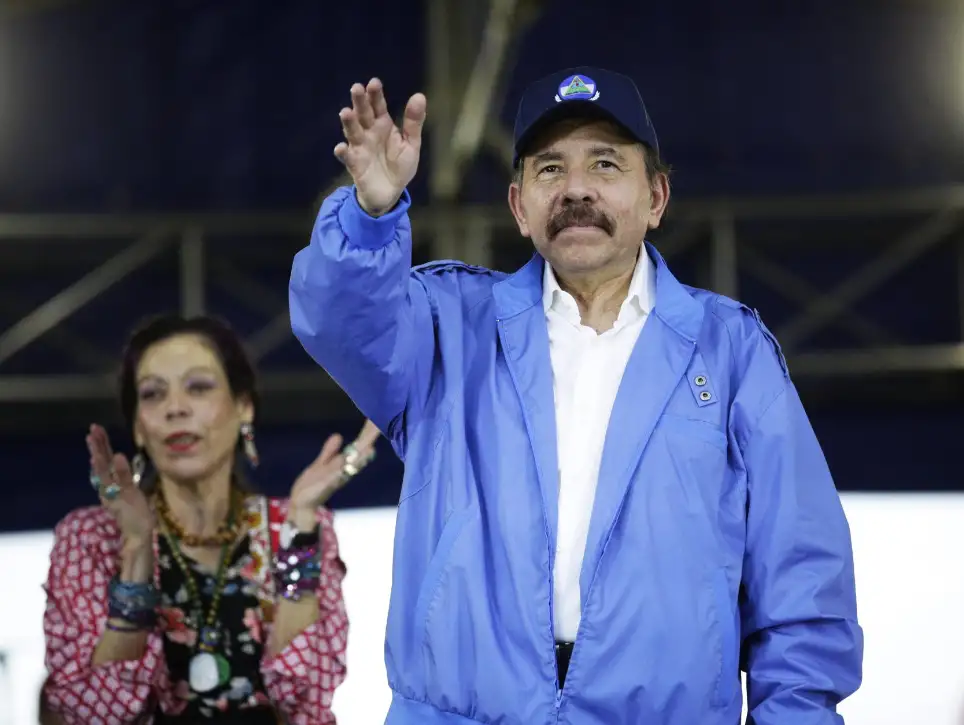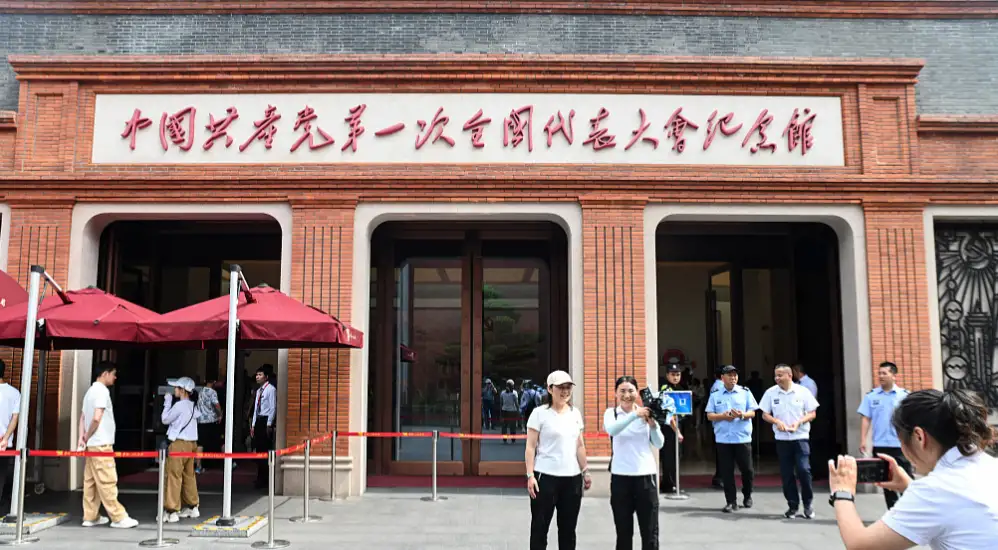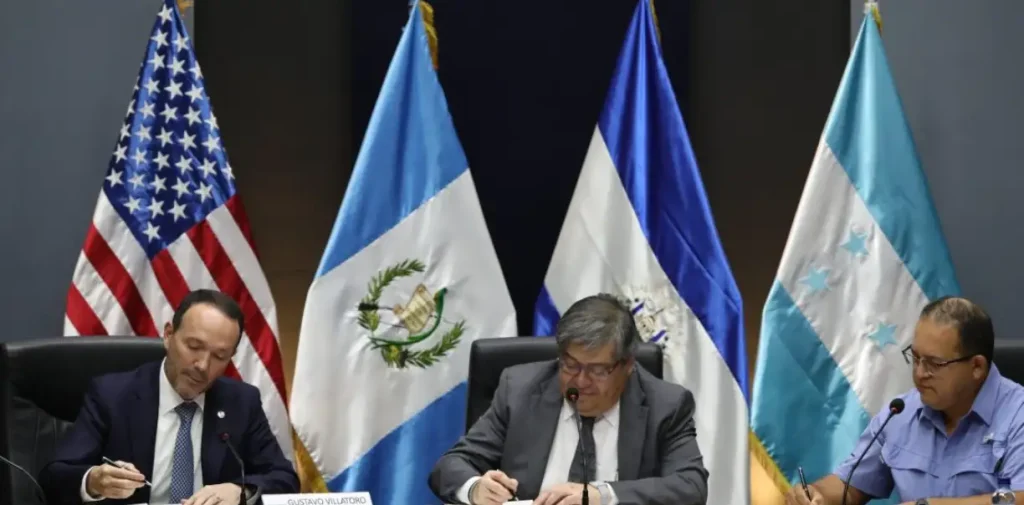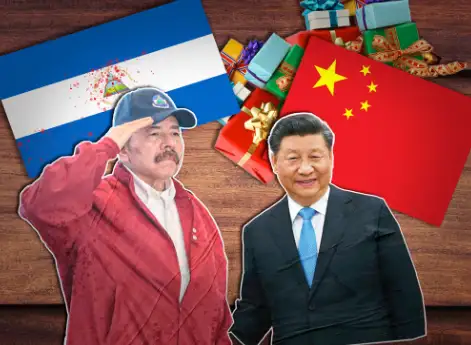Ortega-Murillo Regime Dispenses with Ideological Pretenses to Cling to Power
Reports continue to accumulate of Chinese mining companies acquiring major concessions in Nicaragua, including in ecologically sensitive areas. The immediate impact is that these fast-tracked political deals divert opportunities from publicly accountable Canadian miners such as Calibre.
However, there are long-term geopolitical implications resulting from the abandonment of ties to Taiwan and the United States. Further, the mining concessions reveal the true face of the dictatorship led by caudillos Daniel Ortega and Rosario Murillo.
- The Ortega-Murillo regime is desperate for funds.
As with the energy sector, Nicaragua’s mining is increasingly becoming a vehicle for illicit funds to support those loyal to the regime. SOUTHCOM’s Dialógo Americas reports that “Nicaragua has become the largest exporter of gold in Central America, although its sales abroad do not match the amount extracted from its mines.” In other words, there is money laundering going on. Likely, for example, gold poached in Venezuela is finding its way to Nicaragua on a path to rebranded exportation.
Artículo 66 notes that, in addition to submitting to the Chinese, Ortega demonstrated his “desperation” in June by reforming the Law for the Management of Resources Confiscated from Organized Crime. The reform places seized resources under the personal discretion of the executive.

- The socialists are devoted to continuity, not the working class.
Canadian and US firms, especially those traded publicly, have an established record of relatively transparent, sustainable working conditions and scrutiny from countless shareholders. In contrast, firms associated with the Chinese Communist Party evade US sanctions, ask fewer questions, cut corners on labor rights, and are more inclined to share loot with local officials. What can you expect when the CCP regime conducts politically targeted organ harvesting?
In 2022, the US Treasury Department sanctioned Nicaragua’s General Directorate of Mines as the key arbiter of gold exports. As reported by Expediente Público, the directorate’s “income from production and sales serves to line pockets and ‘pay those who keep the regime in power.’” Funding continuity has taken priority, as the regime has thrown workers and fiscal integrity under the bus. Eniminas, the state mining company, got the same treatment from the US Treasury Department, as did Director Ruy Delgado López.

- Indigenous tribes stand in the way of Sandinista centralization.
We appear to be repeating history from after the 1979 Sandinista revolution. Anyone who believes the Sandinistas under Ortega care for the environment or indigenous communities needs to watch Nicaragua Was Our Home, a 1984 documentary by the late Lee Shapiro. He traveled to Nicaragua’s Caribbean coast and recorded how the Miskito Indians, many of whom now live in Honduras, were hunted and displaced by Sandinista National Liberation Front (FSLN) soldiers.
The challenge for the Ortega-Murillo regime is that the isolated indigenous communities of Nicaragua tend to favor a decentralized, village-by-village approach to decision making and resource custodianship. If you are eager to extract resources with Chinese know-how, you have little time for this approach. Inevitably, hasty decisions from Managua have led to both environmental degradation and violence.

These Costeño communities, primarily Miskito and Mayangna, rely heavily on natural resources—including open water supplies—and are in the middle of where most of the Chinese mining concessions are located in the North Caribbean, covering 200,000 hectares. The indigenous communities continue to experience displacement and have resisted integration into the Sandinistas‘ so-called modernization (PDF).
Waning US leadership in the Americas is having negative consequences for residents under despots, and Nicaragua is a glaring example. The Chinese are more than happy to fill the power vacuum left by the United States, and there is not necessarily an easy or quick fix. Domestic policies have weakened US moral and economic authority and made her less dominant as an export destination relative to competitors such as China.

In the short term, though, there is still the potential for US-aligned, trade-oriented administrations in the likes of El Salvador, Guatemala, and Honduras to demonstrate the superior benefits of trade with private Canadian, Taiwanese, and US firms. Those benefits can stand in contrast to the CCP’s network of corrupting and polluting subsidiaries. They are now firmly in bed with the Ortega-Murillo regime, who are willing to pay for CCP protection to stay on top of a devastated populace.
The opinion of this article is foreign to Noticiero El Vigilante









